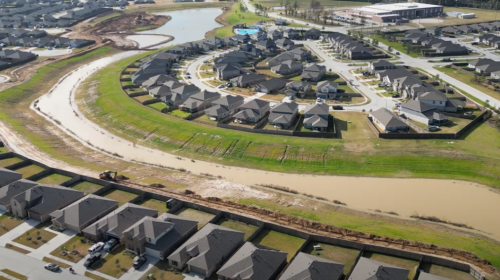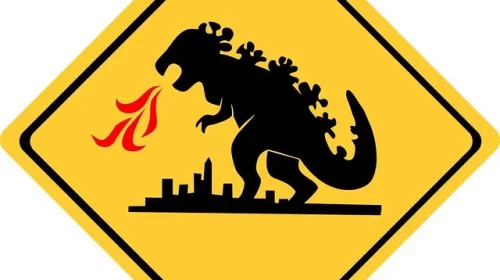Is Texas Heading for a Recession?
Several influential U.S. economists, including the chief economist for J.P. Morgan Chase, are warning today that the dropping price of oil could send Texas into a recession in 2015, News Radio 1200 WOAI reports.
“We think Texas will, at least, have a rough 2015 ahead, and is at risk of slipping into a regional recession,” J.P. Morgan Chase chief U.S. economist Michael Feroli said.
Feroli based his grim prediction on the fact that Texas is by far the largest oil producing state in the U.S., and he says conditions today are similar to conditions in the late 1980s, when falling oil prices caused the housing crash and the savings and loan bust of 1980-1990, the bust that caused major thrifts like San Antonio Savings Association and Gil Savings to cease to exist.
But Ray Perryman, the unofficial ‘Texas State Economist,’ and somebody who has been studying the Texas economy for forty years, disagrees with Feroli’s assessment.
“When the last oil bust happened, we didn’t have a large high tech, computer, gaming or biomedical industry,” Perryman said. “Those are the things we have in our large dynamic economy now.”
Perryman points out that the Texas manufacturing sector, embodies by the arrival of the Toyota plant in South Bexar County in 2006, is far more robust today than it was in the late 1980s, and that sector will, if anything, benefit from lower oil and gas prices.
He says the there are other major factors which argue against long term financial fallout from the current oil price drop.
“The bust that started in Texas in the eighties essentially lasted about twenty years, and nobody expects this downturn to last that long at all,” he said. “Also, the very nature of the fracking wells requires ongoing maintenance, something you didn’t need with the wells of the 1980s, and that kind of set a floor on oilfield employment.
Perryman also points out that, unlike 1986, natural gas prices are not collapsing, and the phase out of coal means Texas natural gas is in even greater demand than ever before.
Most importantly, Perryman says, despite the massive increases in oil field employment in Texas over the past two years, the oil and gas sector remains a significantly smaller segment of the state’s overall work force today than it was in the mid 1980s.
“When you look at the entire industry that supports oil and natural gas today is much smaller percentage wise today than it was then,” he said. “In fact, in total numbers it is less than 3% of the total work force today.”
Feroli warns that the downturn in oil prices will also hurt the state’s red hot housing market like it did in the late 1980s, but Texas experts say the problem in the 1980s was oversupply, something which is not likely to happen any time soon in Texas.
They also point out that Texas has grown in the last thirty years into becoming the nation’s number one export state, and the Obama Administration’s decision to allow export of processed light Texas crude oil known as condensate will allow those exports to grow.








